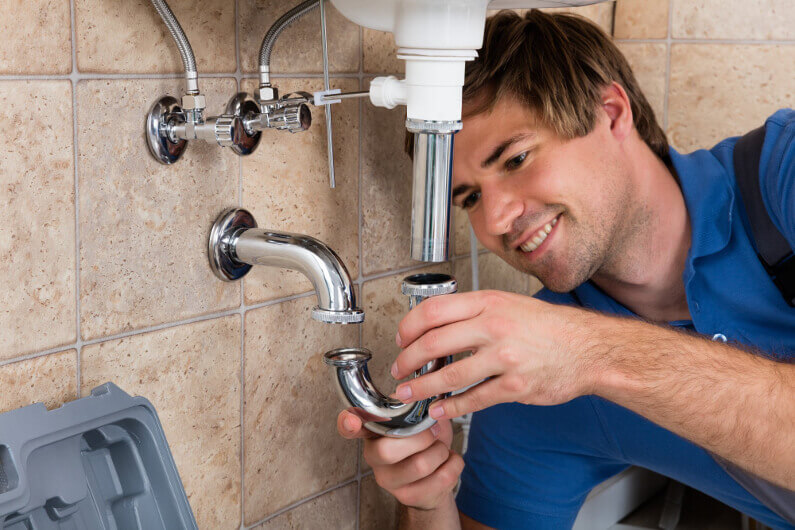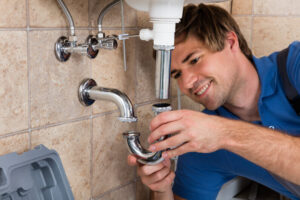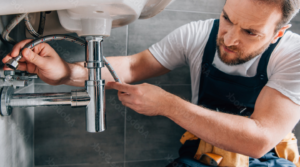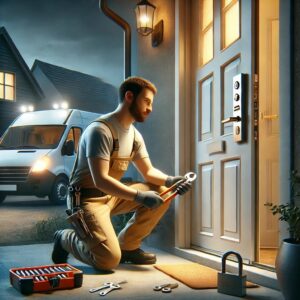
Plumbing New Orleans
A gas leak is a serious safety hazard that demands immediate action. Whether caused by a faulty appliance, damaged pipeline, or accidental mishap, a gas leak can lead to health risks and even explosions if not handled properly. One of the most common questions homeowners ask after resolving a gas leak is: “How long should I air my home out after a gas leak?”
The answer depends on a few key factors, including the size of the leak, the level of ventilation in your home, and whether the leak was caused by natural gas or propane. In this article, we’ll walk you through the best practices for airing out your home safely, what to watch for, and how to prevent gas leaks in the future.
First Things First: What to Do If You Suspect a Gas Leak
Before we get into how long to air out your home, let’s go over the immediate steps to take if you smell gas or suspect a leak:
- Evacuate the area immediately. Don’t try to find the source yourself.
- Avoid using electronics, lights, or phones inside the house—these could ignite the gas.
- Leave the door open on your way out to allow air to begin circulating.
- Call your gas company or emergency services from a safe distance.
- Do not re-enter your home until professionals have confirmed it is safe.
Once the source has been identified and the gas turned off, your next priority is to ventilate your home.
So, How Long Should You Air Out Your Home After a Gas Leak?
The general recommendation is to air out your home for at least several hours—usually 4 to 8 hours, depending on the severity of the leak and the effectiveness of your ventilation.
Key Steps for Proper Ventilation:
- Open all windows and doors to create a cross breeze.
- Use fans to help circulate the air, especially near low-lying areas where gas may settle.
- Leave HVAC systems off initially to avoid spreading residual gas.
- Stay out of the house while airing it out, especially if the odor is still strong.
For minor leaks that were detected quickly, a few hours of ventilation may be enough. For more significant leaks or prolonged exposure, you may need to ventilate the space overnight or even longer.
Important: Always follow the guidance of your gas provider or emergency responders. They will measure gas levels and let you know when it’s safe to return and resume normal use of gas-powered appliances.
Why Proper Ventilation Is Critical
Natural gas and propane are both highly flammable. Although they are typically odorless, a distinct “rotten egg” smell is added to help detect leaks. Prolonged exposure to these gases can result in:
- Headaches
- Dizziness
- Nausea
- Respiratory issues
- In extreme cases, unconsciousness or death
Even after the leak is stopped, lingering gas in the air can still pose a risk. That’s why thorough ventilation is not just a suggestion—it’s a safety requirement.
Additional Safety Tips After a Gas Leak
Once you’ve aired out your home, take a few additional steps to ensure everything is truly back to normal:
- Have your gas appliances inspected by a licensed technician.
- Install or test your carbon monoxide and gas detectors.
- Consider scheduling a professional inspection of your entire gas line system.
- If the leak occurred due to a faulty appliance, replace it immediately.
- Educate everyone in your household on gas safety protocols.
Preventing Future Gas Leaks
The best way to deal with a gas leak is to prevent it altogether. Here are a few tips:
- Schedule regular maintenance of gas-powered appliances and your HVAC system.
- Install gas leak detectors in key areas of your home.
- Don’t ignore the signs of gas leaks—unusual smells, hissing sounds, or high utility bills.
- Always hire qualified professionals for installation and repair work involving gas.
Final Thoughts: Take Gas Leaks Seriously
So, to answer the question, how long should I air my home out after a gas leak? — the safest recommendation is at least 4–8 hours, or longer if advised by professionals. Always err on the side of caution. Open all windows and doors, use fans to push the gas out, and do not re-enter your home until it has been fully ventilated and cleared by authorities.
Gas leaks are dangerous, but with quick action and proper ventilation, you can protect your home and loved ones. Stay informed, stay alert, and never take chances when it comes to gas safety.
If you’re unsure whether your home is fully safe after a gas leak, contact a licensed HVAC or gas technician in your area. Peace of mind is just as important as clean, fresh air.






